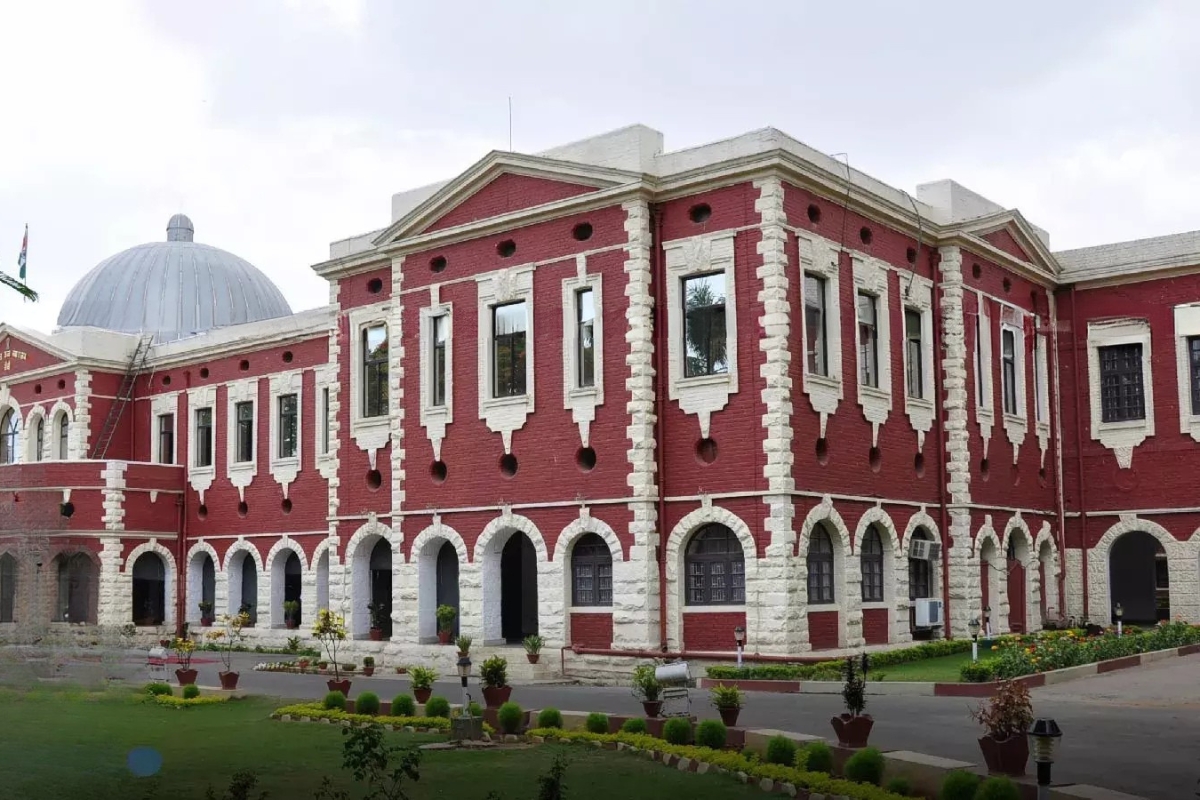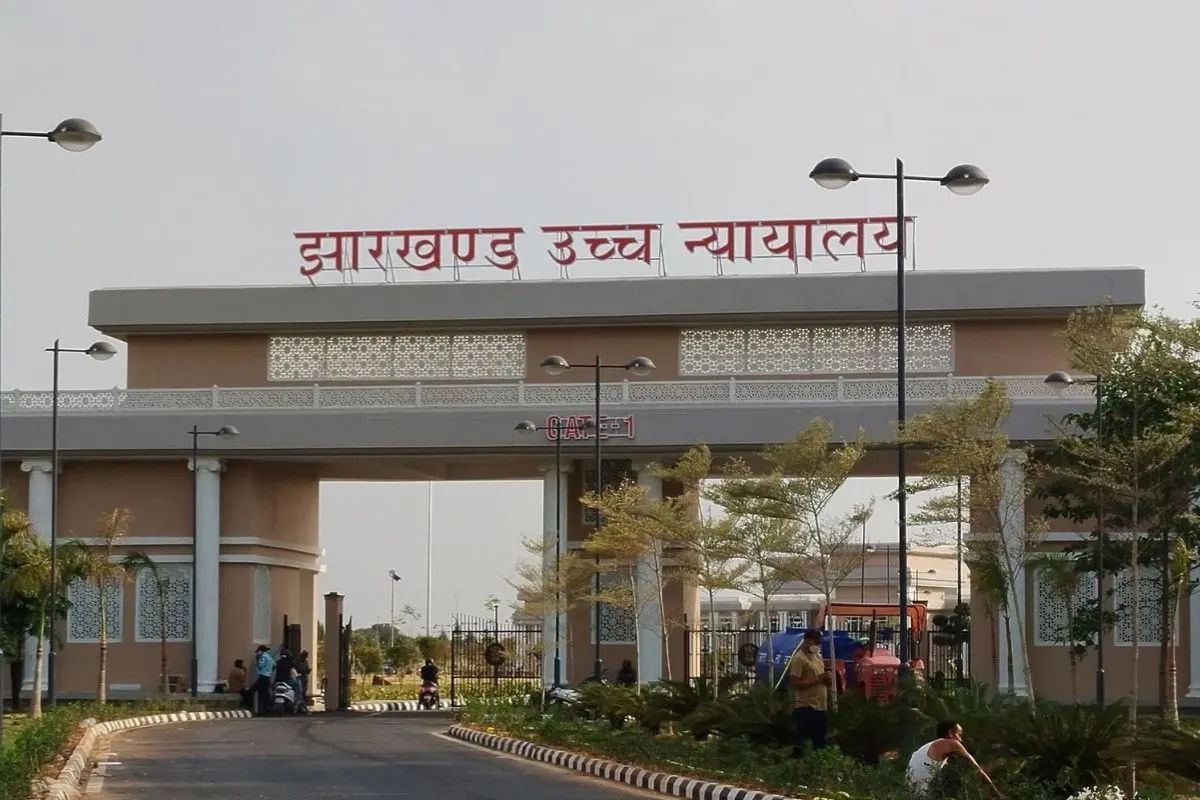In a significant ruling that has captured the attention of many, the Jharkhand High Court has clarified an important legal point. The Jharkhand High Court ruled that calling a tribal person “adivasi” does not constitute an offence under the Scheduled Castes and Scheduled Tribes (Prevention of Atrocities) Act.
The Legal Battle: A Closer Look at the Arguments
However, Kumar’s defence was that he had never specified the woman’s caste or tribe and had simply used the term “adivasi,” a word commonly used to refer to indigenous people. His lawyer, Chandana Kumari, argued that the term “adivasi” is not tied to a specific tribe listed under the Constitution of India and, therefore, cannot be considered an offence under the SC/ST Act.

The Jharkhand High Court agreed with this argument. The Jharkhand High Court noted that for an offence to be considered under the SC/ST Act, the victim must belong to a scheduled caste or tribe as specifically defined by the Constitution. “Adivasi” is not listed as a tribe under this schedule, the court observed, and thus, the use of this term alone does not meet the legal requirements for an offence under the Act.
Understanding the Jharkhand High Court Ruling
This ruling sheds light on an important aspect of the law that often gets overlooked: the specific legal definitions of words and categories. While the term “adivasi” may carry emotional weight for many, it is not legally recognised as a designation under the SC/ST Act unless the person is officially listed as a member of a scheduled tribe in the Constitution.
In this case, the Jharkhand High Court also observed that continuing the criminal proceedings against Kumar would amount to an abuse of the legal process. Therefore, the court quashed the FIR and set aside the proceedings related to the case, effectively bringing the matter to an end.
The Impact of the Judgment
This decision is likely to have a broader impact on how similar cases are handled in the future. It serves as a reminder of the importance of clear legal definitions and ensures that laws are applied accurately, without the risk of misuse.

While this judgment might not sit well with everyone, especially those who feel that the term “adivasi” is inherently offensive, the court’s reasoning was based on a strict interpretation of the law. It emphasises the need for individuals to understand the legal nuances of terminology, especially in cases involving sensitive issues such as caste and tribal identity.
Disclaimer: This article is for informational purposes only and should not be construed as legal advice. Please consult a legal professional for advice on specific legal matters.
Also Read:
Delayed But Not Denied: Supreme Court Revives Claims Under Limitation Law
Uniform Civil Code is Not Just Law, It’s Humanity, Says Karnataka HC
Supreme Court Slams Overpriced Lawyers: Justice Must Be Accessible to All






